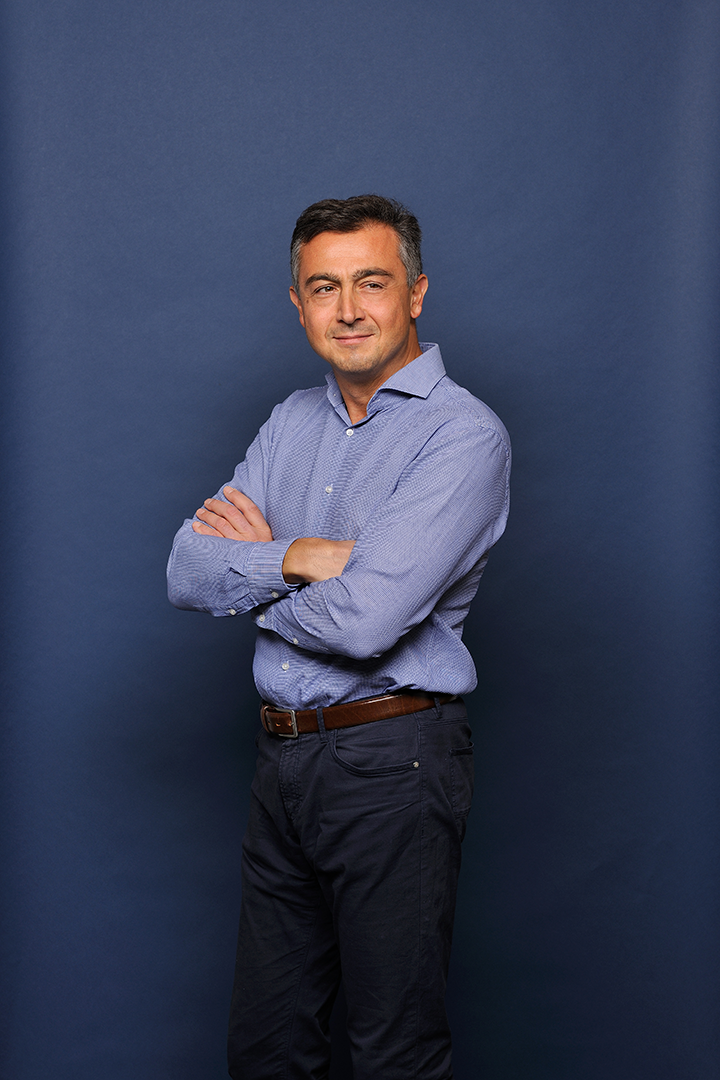Just look at China!
Instead of looking at Google
Amazon, Apple, Facebook, Google and Microsoft are the world’s biggest companies, measured in terms of stock market value. A decade ago, that list would mainly have included major banks and oil companies. On the stock markets, data is the new oil. In the US press, the technology giants are referred to as ‘the frightful five’. And they certainly are frightful in terms of their size and indispensability.
It is irrelevant to wonder whether these technology giants are already capable of developing a technology or not. Because, developing something that is completely socially responsible, is not what they do. Just look at the ongoing debate about the privacy of users of online services and other effects that internet technologies are having on society. Companies fail
to give these issues the attention it deserves because they do not contribute to their business model. A typical example of this is the frictionless sharing technology, which made online social networking possible. Alongside the all-too-familiar advantages, such as enabling freely accessible platforms for communication, social initiatives and activism in all shapes and sizes, this technology has also helped bring about an increasingly polarised society. The filter bubble and echo chamber effects have been the subject of widespread debate. The control that the frightful five have on our supply of information and therefore our data is one thing. But the fact that major technology companies market new technologies without considering sensitive social influences can be a greater threat.
What needs to happen in Europe is to develop similar types of technologies as the frightful five, but also take account of social responsibility. What we need are online services, such as search engines, social networks and recommendation systems that offer users maximum protection and counteract social polarisation. This is an area in which Europe’s universities can and must develop substantial and competitive R&D momentum. Developing technology that we control, understand and accept, or in other words, “technology for the most effective use of mankind” (Moshe Vardi – Communications of the ACM, January 2017) is the best way to beat the frightful five.
Before that, the brain drain that is increasingly happening in the direction of the frightful five, needs to be brought under control. This means we need to be more successful in attracting international top talent to university research by offering people greater freedom and space to develop their own lines of research. The amount and type of research funding also has a crucial role to play. Social responsibility can only be properly addressed if there is sufficient funding from sources that do not depend on contributions from industry. In order to create more space for this, a change of mindset is still required at universities and organisations such as the Netherlands Organisation for Scientific Research.
Is this possible in what is basically a conventional academic world? “Of course it is. Just look at China! They already have their own alternatives to the frightful five. And the innovation that led to them is largely the result of the upsurge in scientific activity in the last decade. A lot of research funding is made available in strategic places through state finance, enabling China to attract scientific Chinese talent back from other countries, encourage new research and set up state-of-the-art centres of excellence. If Europe adopts this model and combines it with a focus on socially-responsible technological research, I see a huge opportunity for Europe. We can put the technical revolution back on the right track!”
